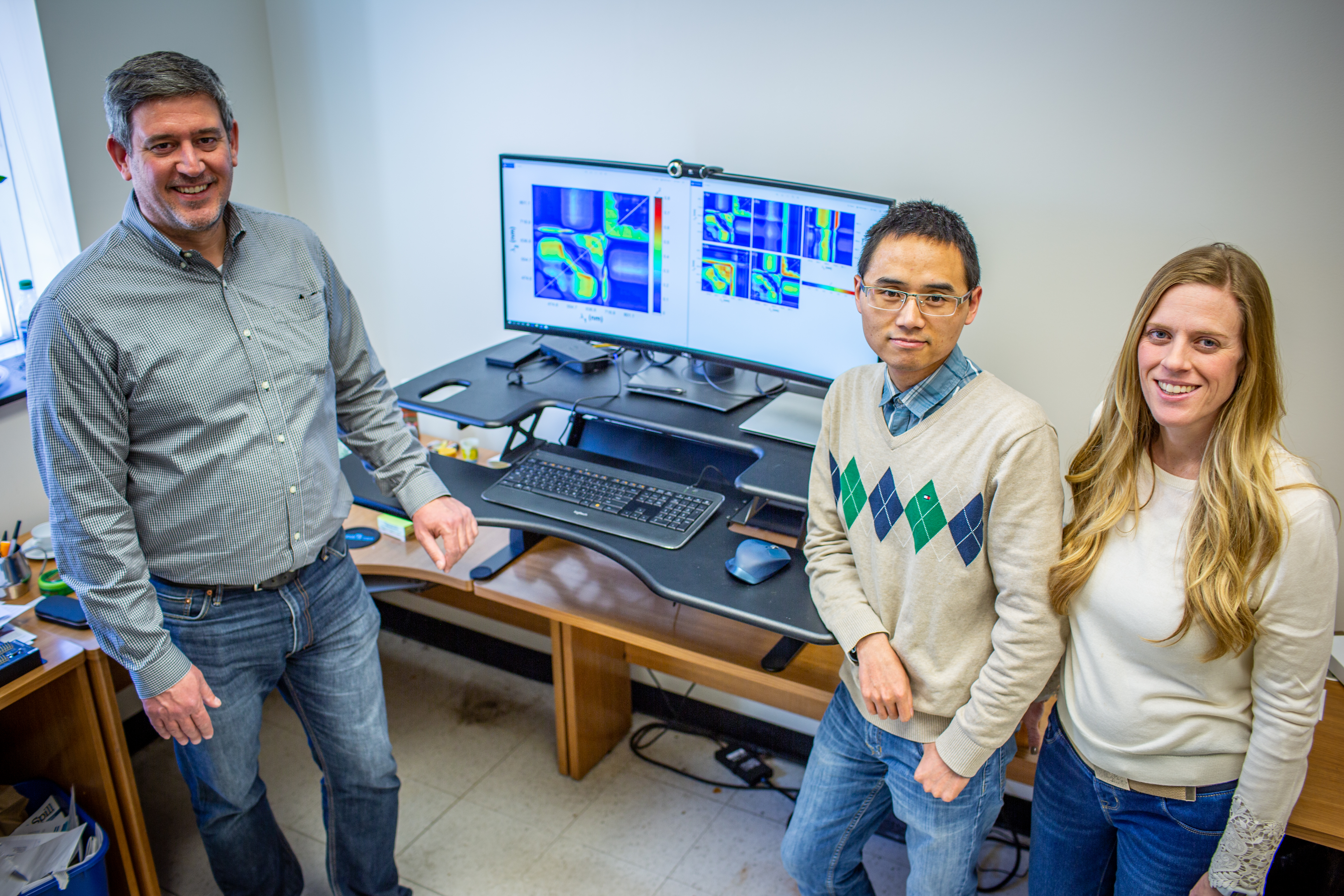RIPE Spotlight: Peng Fu

What makes RIPE the project what it is today is attributable to our team members who dedicate their hard work and efforts to our mission—feeding the world in the face of climate change and a growing population. This postdoctoral feature series focuses on sharing the new endeavors of our researchers as they move on to the next chapter in their lives.
Peng Fu was a postdoctoral researcher at the University of Illinois. His research focused on the remote sensing applications in agriculture, cities, and ecology (ACE). For the RIPE project, Peng worked on developing and applying remote sensing and data assimilation for the high-throughput phenotyping of key physiological traits associated with productivity, yield, and partitioning and biomass. Read more about Peng here.
This interview was conducted in March 2022.
Where is your new opportunity, what is your title, and what will you be doing?
In March of 2022, I will be an Assistant Professor of Geospatial Data Science and Environment at a private university, Harrisburg University, Harrisburg, PA. In this position, I will be using geospatial science, machine learning, and Earth system models to help address challenges related to environment, energy, and climate change. Photosynthesis related research will be one of the research topics I will continue working on in the future. I will have the chance to supervise and mentor graduate students and teach a few courses in this position.
How have your experiences at RIPE helped you prepare for this?
RIPE helped me in a couple of ways. First, the collaborative work within RIPE helped me realize the importance of geospatial science in helping address challenges facing food security worldwide, particularly in the context of climate change. This collaborative environment also prepares me to think more about how to maximize the impacts of geospatial techniques and facilitate scientific discovery in different disciplines. Second, I personally learned a lot about photosynthesis and plant physiology, which provided me with a different lens to look at global change impacts on our environment. I am now well prepared to use both geospatial techniques and environmental plant physiology to understand the changing aspects of Earth’s surfaces.
What is one of your favorite RIPE memories?
Before the pandemic, RIPE typically organized the annual meeting in which people from different universities/institutions can share research findings, exchange ideas, and talk about future work. I enjoyed the annual meeting and the team spirit. I still remember the one in Newry, Maine in June, 2019. It is also a beautiful place for scenery.
What advice do you have for current RIPE postdocs?
I would not say it for advice, but I would like to share one thing that I have learned as a postdoc. It is important to demonstrate excellence by developing a unique set of skills (for me, it is geospatial techniques), but that skill set should be supplemented by a broad knowledge base and should be further extended in the future to help address challenges facing society.
Anything else you would like to add?
I really appreciate the chance to be a member of RIPE and learn so much from my collaborators and colleagues. I would like to say big thanks to the funders and the RIPE leadership and members for making this project possible. I enjoyed working with a wonderful cohort of scientists at University of Illinois. I also feel lucky to have Carl Bernacchi as my research supervisor/mentor, who encourages/helps me to explore a few new research territories. I will have the chance to continue my collaboration with Carl on RIPE and beyond, and will keep an eye on the progress and achievements made by RIPE.
As told to: Amanda Nguyen || RIPE Communications Specialist
